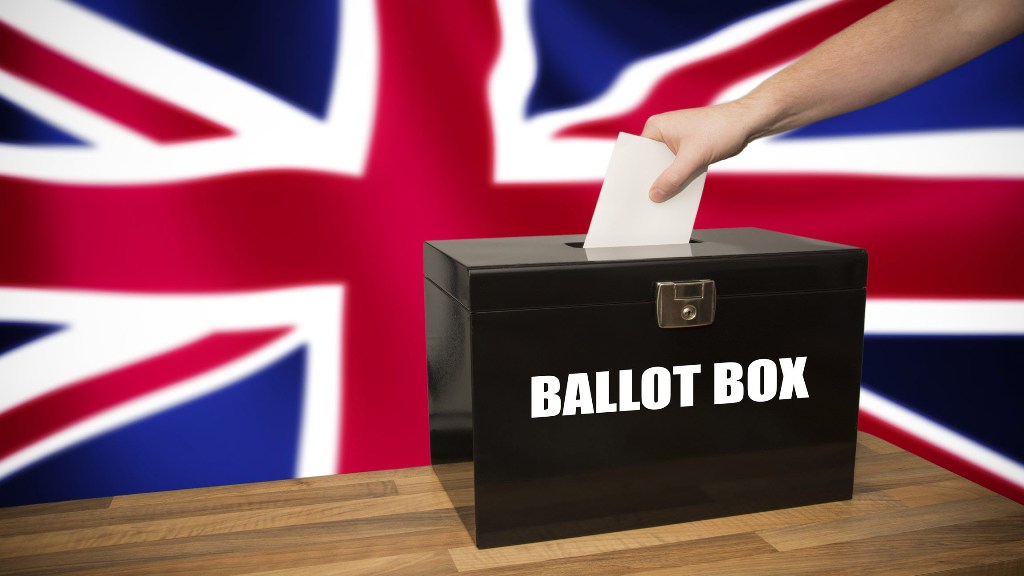India’s parliament has approved a bill that grants citizenship to non-Muslim illegal immigrants from three neighboring countries (Afghanistan, Bangladesh, and Pakistan), but excludes Muslims.
The controversial Citizenship Amendment Bill (CAB) brings massive changes to India’s 64-year-old citizenship law by giving citizenship to religious minorities, including Hindus, Sikhs, Buddhists, Jains, Parsis, and Christians, from the neighboring countries.
A day after clearing the lower house of parliament, the Citizenship Amendment Bill passed the upper house, with 125 members voting in its favor and 105 against it.
The approval of the bill was received by full-on protests by the excluded minorities, raged and protest has since consumed the north-eastern states bordering Bangladesh.
Modi’s government has released a statement saying Muslims from Afghanistan, Bangladesh and Pakistan are excluded from the legislation because they do not face discrimination in those countries.
Also left out of the Bill are other minorities from various regions fleeing political and religious persecution such as Tamils from Sri Lanka, Rohingya from Myanmar and Tibetans from China.
Opposition parties have issued a statement claiming the proposed law is unconstitutional as it bases citizenship on a person’s religion and would further marginalize India’s active Muslim community.
Modi expressed his delight in the passing of the bill by sharing a tweet on Twitter. India’s PM said it is a landmark day for India and the nation’s ethos of compassion and brotherhood.
According to Modi, this bill will alleviate the suffering of many who faced persecution over the years. He further expressed gratitude to all the lawmakers who voted in favor of the Bill.
A landmark day for India and our nation’s ethos of compassion and brotherhood!
Glad that the #CAB2019 has been passed in the #RajyaSabha. Gratitude to all the MPs who voted in favour of the Bill.
This Bill will alleviate the suffering of many who faced persecution for years.
— Narendra Modi (@narendramodi) December 11, 2019
Critic’s opinion against India’s CAB
Many critics have said the Bill undermines the country’s secular constitution, with opposition parties, minority groups, academics and a US federal panel calling it discriminatory against Muslims.
They added that the bill is another illustration of how Modi and his Hindu nationalist ruling Bharatiya Janata Party (BJP) party is pushing an agenda of Hindu nationalism onto secular India.
Amit Shah, the federal home minister, said the bill intends to give citizenship, not take away citizenship. Adding the Muslim community has no reason to be worried.
Protest escalates
Protests against the bill have erupted in different regions in the country and continue to increase.
In Assam and Tripura, angry protesters marched through significant cities holding flaming torches and setting cars and piles of cardboard on fire.
Troops have been deployed to the ethnically diverse northeastern states, amid the escalating violent protests, and over 1,800 people have been reportedly arrested in the neighboring state of Tripura.
Flights and rail services have been disrupted across the region.
One critic expressed his doubt as to the good intentions of the CAB:
The bill erects facades, which hides the real political intentions. Justification, which is being advanced for CAB in its present form, is that Pakistan, Bangladesh and Afghanistan are Muslim-majority countries where Muslims principally cannot be discriminated and therefore can’t be persecuted, too.
How about culturally assimilating these minorities? In the words of the founder of the American boarding schools Richard Pratt when describing Americanization of the American Indian native:
“That all the Indian there is in the race should be dead. Kill the Indian in him and save the man.” What Pratt and others did not count on were the powerful bonds that would form at boarding schools and the fact that Indian culture would manage to survive.
What is the cost of the CAB to the greater Indian population of schoolchildren? All those should be factored in long-term so that the needs of the majority are not unwittingly sacrificed in favor of the minority. Of an initial enrolment of 100 students, on average, only 70 finish..
With more than 1.5 million schools and about 260 million students in 2015/16, India has the world’s second-largest school system after China.
Photo from: ForeignPolicy







